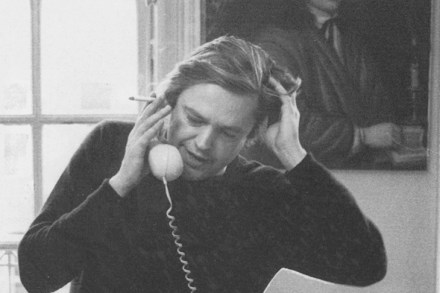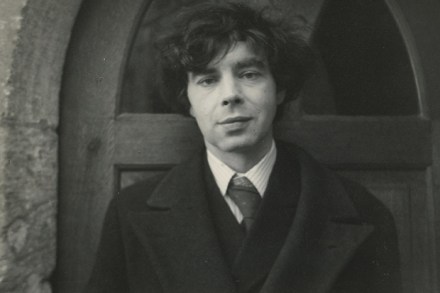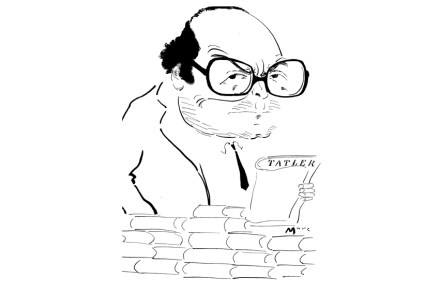The way we were
‘The Spectator, having quite recently been a very bad magazine, is at present a very good one.’ Those gratifying words began a full-dress leading article in the Times on 22 September 1978, headed ‘On the Side of Liberty’. Its occasion was this magazine’s sesquicentenary, which we celebrated with a grand ball at the Lyceum Theatre,













